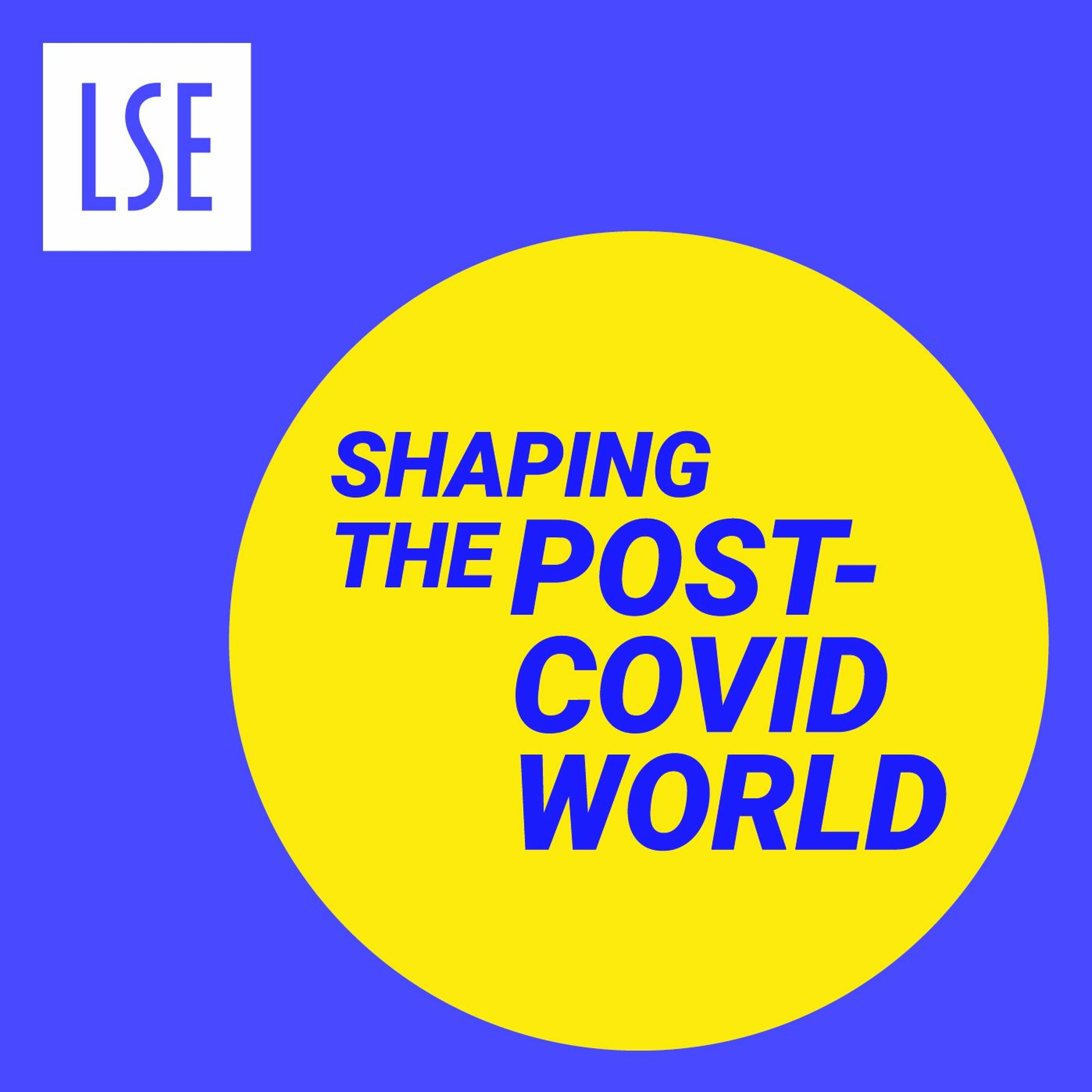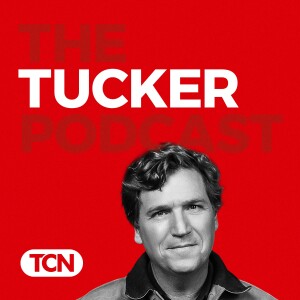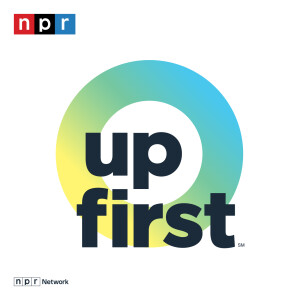

How can policy makers and urban health leaders plan through this uncertainty, and how can those plans help to address the changing nature of and existing inequalities in urban health?
To explore this question, we focus on a scenario planning approach undertaken by the Guys’ and St Thomas’ Charity and LSE Cities. Developed using a combination of social and spatial data analysis, existing research, and community input, we will discuss the five scenarios, or imagined futures, and what each mig...
How can policy makers and urban health leaders plan through this uncertainty, and how can those plans help to address the changing nature of and existing inequalities in urban health?
To explore this question, we focus on a scenario planning approach undertaken by the Guys’ and St Thomas’ Charity and LSE Cities. Developed using a combination of social and spatial data analysis, existing research, and community input, we will discuss the five scenarios, or imagined futures, and what each might mean for urban health policymaking in years to come.
Living in cities has always carried distinct health challenges. Not only has COVID-19 emphasised issues of poor-quality housing and the importance of access to adequate green spaces, it has also challenged many of the previously considered health benefits of urban life: good public transport links, better employment options, and access to culture and leisure opportunities.
The effects of the pandemic in cities have not been experienced equally and it is vital to remember that those worst affected often have little option over whether they live in cities or not.
View more
Comments (3)
More Episodes
All Episodes>>Create Your Podcast In Minutes
- Full-featured podcast site
- Unlimited storage and bandwidth
- Comprehensive podcast stats
- Distribute to Apple Podcasts, Spotify, and more
- Make money with your podcast
It is Free












